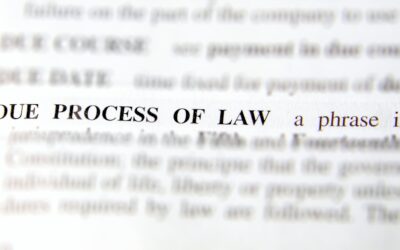There’s a common belief that The Centers for Medicare & Medicaid Services (CMS) and The Joint Commission (TJC) prohibit verbal orders. However, that’s a myth. There are no federal regulatory prohibitions on the use of verbal orders, although CMS frowns upon verbal orders in the context of medications. CMS regulations and TJC standards do identify recommendations for the use of verbal orders, but there are relatively few regulatory requirements specific to their use.
Some physicians and health care systems have come to believe that verbal orders are not allowed due to federal health care policy and regulatory agency rules. Patient quality and safety organizations have cautioned the practice of verbal orders due to concerns about risks they may introduce in some circumstances. Most health care systems have their own policies concerning verbal orders, restricting or setting guidelines for their use and state laws may limit if and how verbal orders may be used. However, CMS and TJC do not prohibit verbal orders.
Physicians in Medicare-participating hospitals can use verbal orders as well as pre-printed and electronic standing orders, order sets, and protocols. Verbal orders may be enacted immediately by individuals who are administering care within the scope of their licensure, certification, or credentialing. Importantly, there are no CMS limitations on the use of verbal orders in the community (ambulatory care) setting. You can read more in this very useful summary by the American Medical Association (AMA):
regulatory-myths-verbal-orders




